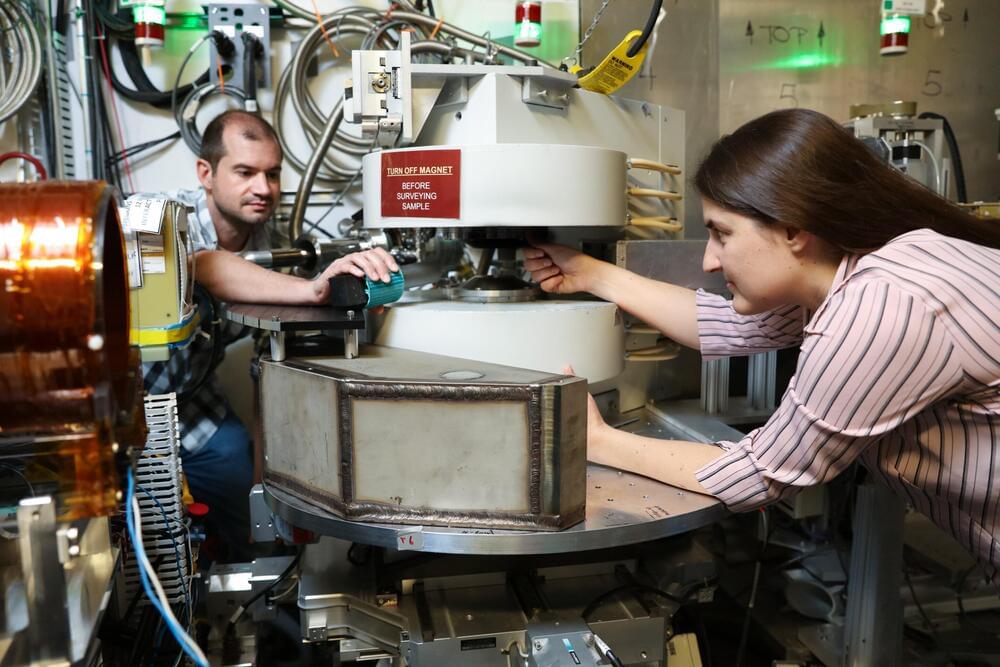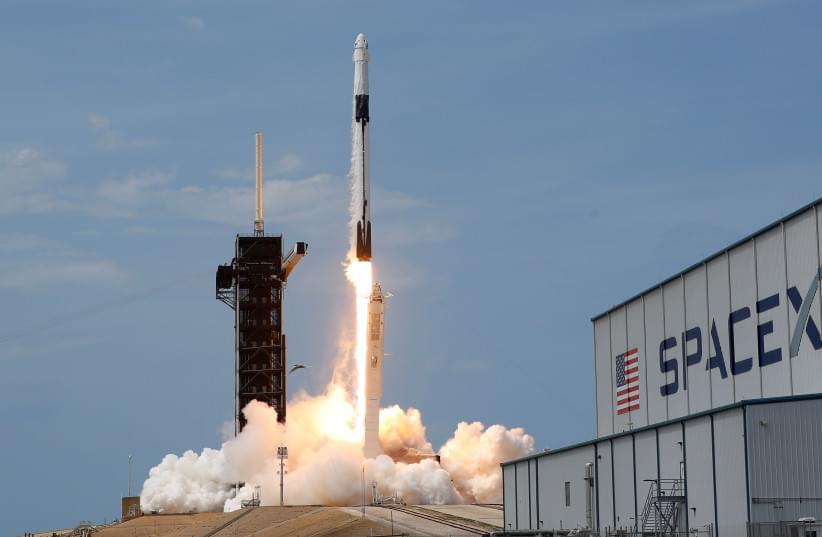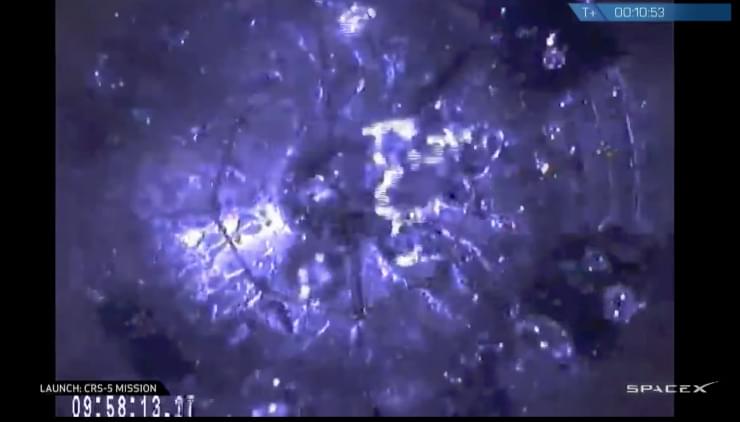Jun 28, 2022
Physicists confront the neutron lifetime puzzle
Posted by Shubham Ghosh Roy in categories: chemistry, cosmology, internet, particle physics
To solve a long-standing puzzle about how long a neutron can “live” outside an atomic nucleus, physicists entertained a wild but testable theory positing the existence of a right-handed version of our left-handed universe. They designed a mind-bending experiment at the Department of Energy’s Oak Ridge National Laboratory to try to detect a particle that has been speculated but not spotted. If found, the theorized “mirror neutron”—a dark-matter twin to the neutron—could explain a discrepancy between answers from two types of neutron lifetime experiments and provide the first observation of dark matter.
“Dark matter remains one of the most important and puzzling questions in science—clear evidence we don’t understand all matter in nature,” said ORNL’s Leah Broussard, who led the study published in Physical Review Letters.
Continue reading “Physicists confront the neutron lifetime puzzle” »

















